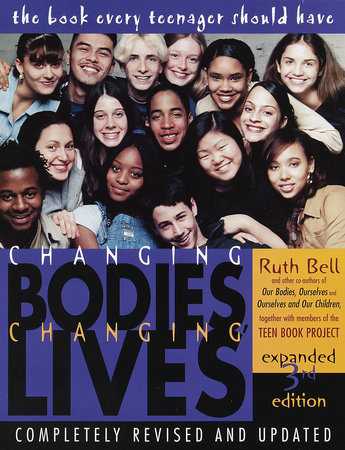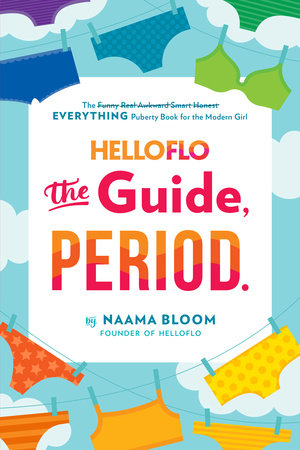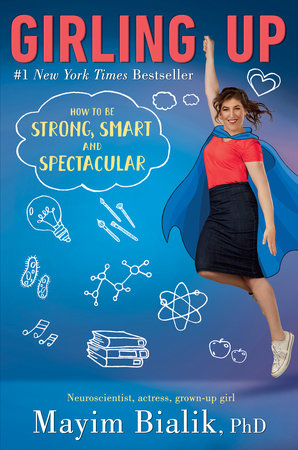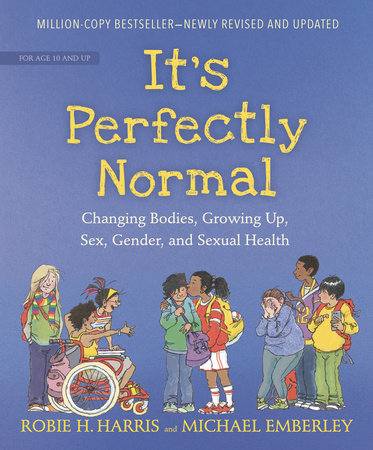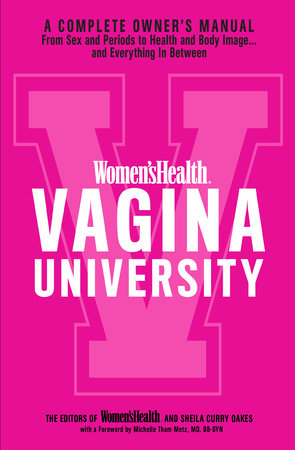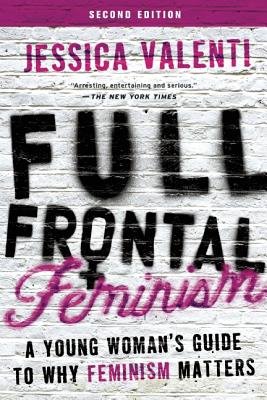The Legacy of Our Bodies, Ourselves — and How One Book Can Change Your Entire Life
by Laura Lambert
“Life-changing” is a word that’s tossed around so blithely these days. Avocado toast can be life-changing. High-waisted pants that keep your tummy tucked in can be life-changing. I’ve probably said both of those things recently — and meant it. But when I first held a copy of Our Bodies, Ourselves in my teenage hands, I had no idea the long, steady force it would become in my life. And now, some 25 years later, I am deeply mourning the fact that it will no longer be published.
When it debuted in 1970, under a different title, it was a simple 193-page booklet of collected wisdom put together by a dozen women who met in a consciousness-raising course in Boston in the ’60s. (At the time, birth control for married women was illegal in Massachusetts — which is to say, they had a lot to write about). The book we now recognize as Our Bodies, Ourselves wasn’t published until 1973. It has since been translated into 31 languages — one of the most translated feminist texts, ever — and was last updated in 2011.

In those 40 years, many things changed — the content, the chapters. But those who devoured it cover to cover learned many of the same things. It’s where I discovered that my vulva looked normal, about birth control and masturbation and all those things that no one ever talked about. At the time, I didn’t know what to think of the very ’70s drawings, photos, and illustrations. They weren’t like the glossy magazines I loved, and that was the point. This was women-centered information, by women and for women. No one was trying to sell me anything.
Not only was Our Bodies, Ourselves my introduction to women’s health, it was my introduction to a more political, more feminist way of thinking — to realizing that my private angst about my female body, or the quietly sinister gender norms that robbed me of so much of my autonomy, weren’t just problems with me. As writer Elizabeth Gumport put it, so well, in an Op-Ed for The New York Times, “Its boldness and its value came not just from the information it contained, but the connections it made between our bodies and the world we inhabit.”
It was a book we stole from our moms, or thumbed through in private, when we had questions. Friends of mine, from different chapters of my life, all did. Says Gaia, “I remember flipping through it at all different ages and actually using it as a resource as a teen.” Jennie says, “I read, from cover to cover, the 1970s-era copy I found in the house I babysat in during my junior high and high school days.” Megan says, “I took it from [my mom] at some point because I liked the way it looked.” And for Lisa, “Girl, it meant everything to me.”
It meant everything to me, too. In high school, it was the guide I turned to when I had questions I knew my friends couldn’t answer and the adults in my life wouldn’t answer. In college, it came with me. And though I can’t say it was the reason that, as a student, I volunteered as a sexual health educator at the student health center, taught a women’s health and sexuality class, or wrote a sex advice column my senior year, it laid all the groundwork. And it was always there on my bookshelf.
After I graduated and moved to the East Coast, a 23-year-old with no clue what to do with her life, I got an unpaid internship at the Boston Women’s Health Book Collective office in Somerville, Massachusetts. Situated upstairs from a Dunkin’ Donuts, I was disheartened my first day. In my mind, the bold women who ignited in me a passion for women’s health deserved penthouse-esque digs, didn’t they? The woman who showed me where I could sit and pack boxes of books to mail overseas laughed warmly when I told her as much. I still had so much to learn.
I think about what my own daughter might read and trust the way I did Our Bodies, Ourselves. Where is her real-world guide? Where is her private, go-to resource? Where is her early political education? What will be her life-changing book? Because women’s bodies, women’s health, and sexuality — even feminism— are (comparatively) less taboo, there are a lot of options for young, impressionable women, a few of which I’ve compiled below.
Still, in a couple years, when she’s of age, I plan to give her my old copy of Our Bodies, Ourselves, just in case.
-
Books About Women’s Health for Adolescents Today:
-
-

